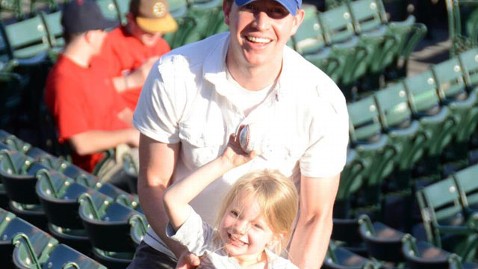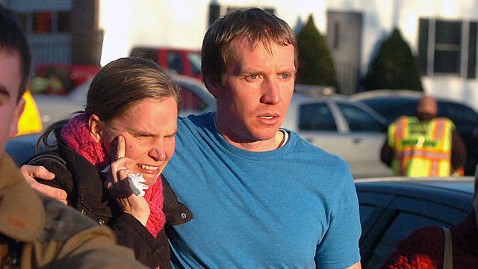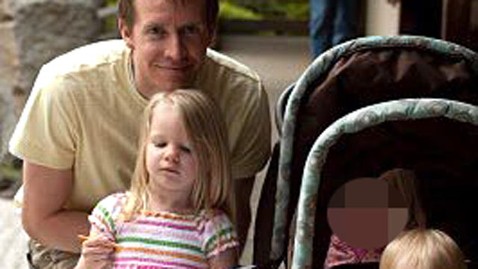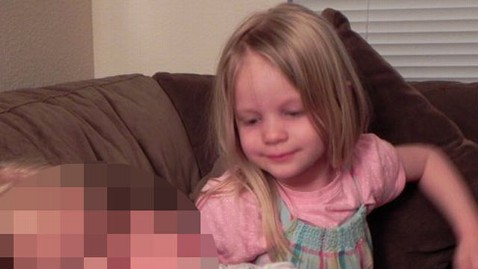President Obama told the grieving community of Newtown, Conn., that the nation has wept with them for the loss of 20 children and six teachers and school staff members killed in a senseless massacre.
Grim-faced, Obama took the stage at Newtown High School auditorium to speak at a memorial service for the first graders, teachers, principal and other school staff members killed Friday by 20-year-old Adam Lanza at the Sandy Hook Elementary School.
"I come to offer the love and prayers of a nation," the president said. "I am very mindful that mere words cannot match the depths of your sorrow nor can they heal your wounded hearts. I can only hope it helps to know you are not alone ... and that all across this land we have wept with you."
The memorial service had been delayed nearly an hour as Obama met with families of the victims -- 20 first graders and six adults -- in classrooms of the high school, but the audience sat patiently awaiting the service.
The president walked in shortly before 8 p.m., gave a brief wave to the room full of parents, friends and neighbors, before taking a seat in the first row.
He was greeted with a standing ovation as he the auditorium, and quickly took his seat in the first row to await his turn to speak in the interfaith memorial service.
Mandel Ngan/AFP/Getty Images
President Obama: 'Newtown You Are Not Alone' Watch Video
Sandy Hook Elementary Shooting: Remembering the Victims Watch Video
"We needed this. We needed to be together, here in this room, in the gymnasium, outside the doors of this school, in living rooms around the world, we needed to be together to show that we are together and united," said Rev. Matt Crebbin, senior minister of the Newtown Congregational Church, who opened the ceremony.
CLICK HERE for full coverage of the tragedy at the elementary school.
"We gather in such a moment of heartbreak for all of us in Newtown," he said. "We gather esp mindful of family and friends and neighbors among us who have lost loved ones by an act of unfathomable violence and destruction.
"These darkest days of our community shall not be the final word heard from us," he said
Tragedy struck the small town Friday when Adam Lanza broke into the elementary school with a semiautomatic rifle and two handguns, and then killed 20 first graders and six school staff members before committing suicide as police arrived on the scene.
CLICK HERE to read about the 'hero teacher,' the principal and 20 children who lost their lives.
The audience showed no signs of impatience, despite the delayed start. They sat quietly until a group of state police arrived at the already packed high school auditorium, but then stood to give the police a standing ovation and hugs.
A short time later more police arrived, and were also greeted with applause and hugs.
Assuming a consoling role that has become all too familiar for this presidency, Obama will also privately meet with some of the families affected by the tragic shooting, as well as local first responders.
The president has witnessed five mass shootings since assuming office in 2009, his reaction to this most recent tragedy in New England being his most publicly emotional. On Friday, tears collected in his eyes as he addressed the nation after the tragedy.
"The majority of those who died today were children, beautiful little kids between the ages of 5 and 10 years old," the president said, pausing to collect himself. "They had their entire lives ahead of them -- birthdays, graduations, weddings, kids of their own."













